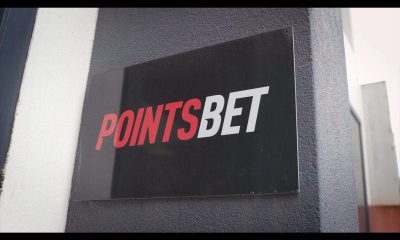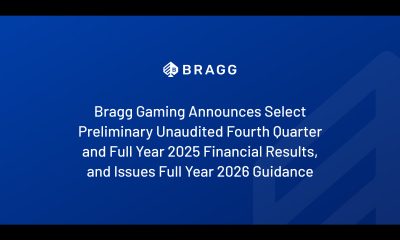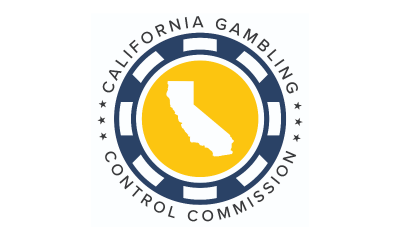Compliance Updates
KSA: Spring 2025 Monitoring Report Shows Positive Effect of Responsible Gaming Policy
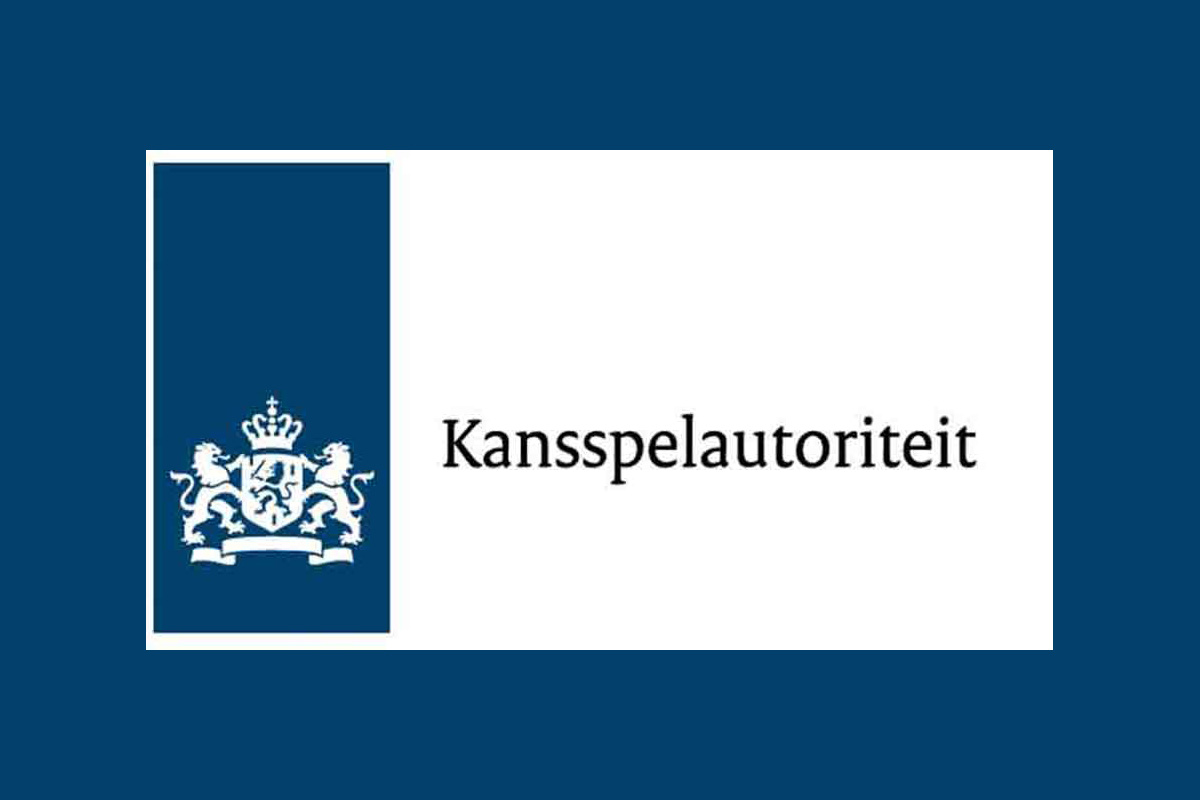
The measures introduced in October to protect players have had a positive effect: players are losing fewer large amounts and the percentage of extreme losses has fallen sharply. This is evident from the latest monitoring report from the Netherlands Gambling Authority (KSA). The figures also show that the majority of Dutch players still play with legal providers. However, the amount of money circulating in the illegal market has increased.
The gross gaming result (GSR, stakes minus prizes paid out) for the whole of 2024 is 1.47 billion euros. This is a growth of 6% compared to 2023, when the GSR amounted to 1.39 billion. In the second half of 2024, the GSR was 10% lower than in the first half of the year. This could be due on the one hand to a peak during the European Football Championship in June, but also to the introduction of new rules to better protect players, which also include a deposit limit.
Young adults
Young adults (18 to 23 years old) receive extra attention in the monitoring report, because they are a vulnerable target group. Together, they lost 11% of the BSR in the second half of 2024, while they make up 9% of the adult population. They do spend less money on average; they lose an average of €48 per month, compared to €148 for 24+ players. It is striking that young adults gamble relatively more on sports events than older age groups; of the money they spend, 29% goes to sports betting, while for other players this is 22%.
Number of players and accounts
In the last six months, an average of 1.19 million accounts were played per month. This is a slight increase compared to half a year earlier, when there were 1.1 million. In the last quarter, the number of new accounts increased; this could be due to the new measures for safe gaming. A player can have multiple accounts, so the number of accounts is not equal to the number of people gambling. An estimated 788 thousand players were active with legal providers in the last six months, 5.4% of the adult population. Six months earlier, this was 5.5%, so the number of players is stable.
Loss
The average player aged 24 and over lost €148 per month on gambling in the second half of 2024. That is lower than the first six months, when it was €160. Although players have been playing with more accounts since the introduction of the responsible gaming policy, the average loss is lower than before the introduction. The number of accounts with extreme losses has also fallen sharply. Before October 2024, 4% of accounts lost more than €1000 per month, after October that is only 1.2%. Before October 1, 2024, 73% of the BSR came from players with losses of more than 1000 euros. After the introduction of the rules, this percentage has dropped to 23%. This means that providers generate less income from player accounts with large losses.
Canalization
The monitoring report shows that the channelling in terms of players and the channelling in terms of money differ greatly. Of all people who gamble online, the vast majority (91%) do so with legal providers. On the illegal market, significantly more money is spent: of the total amount that Dutch people spend on gambling, 50% is spent with illegal parties.
Problem gamblers
There are no hard figures on the total number of people with a gambling addiction in the Netherlands. There are figures on the number of people who are being treated for a gambling addiction. In 2023, 2456 people were treated. At the time of publication of this report, there was no update of that figure. The total number of players who have excluded themselves from risky gambling with a Gokstop with a registration in the Cruks register was 87,345 people in January 2025. Half of them are under 32 years of age. Of the total number of Cruks registrations, 16% are young adults.
Source: kansspelautoriteit.nl
The post KSA: Spring 2025 Monitoring Report Shows Positive Effect of Responsible Gaming Policy appeared first on European Gaming Industry News.
Compliance Updates
Romanian Mayors Push to Ban Gambling Halls
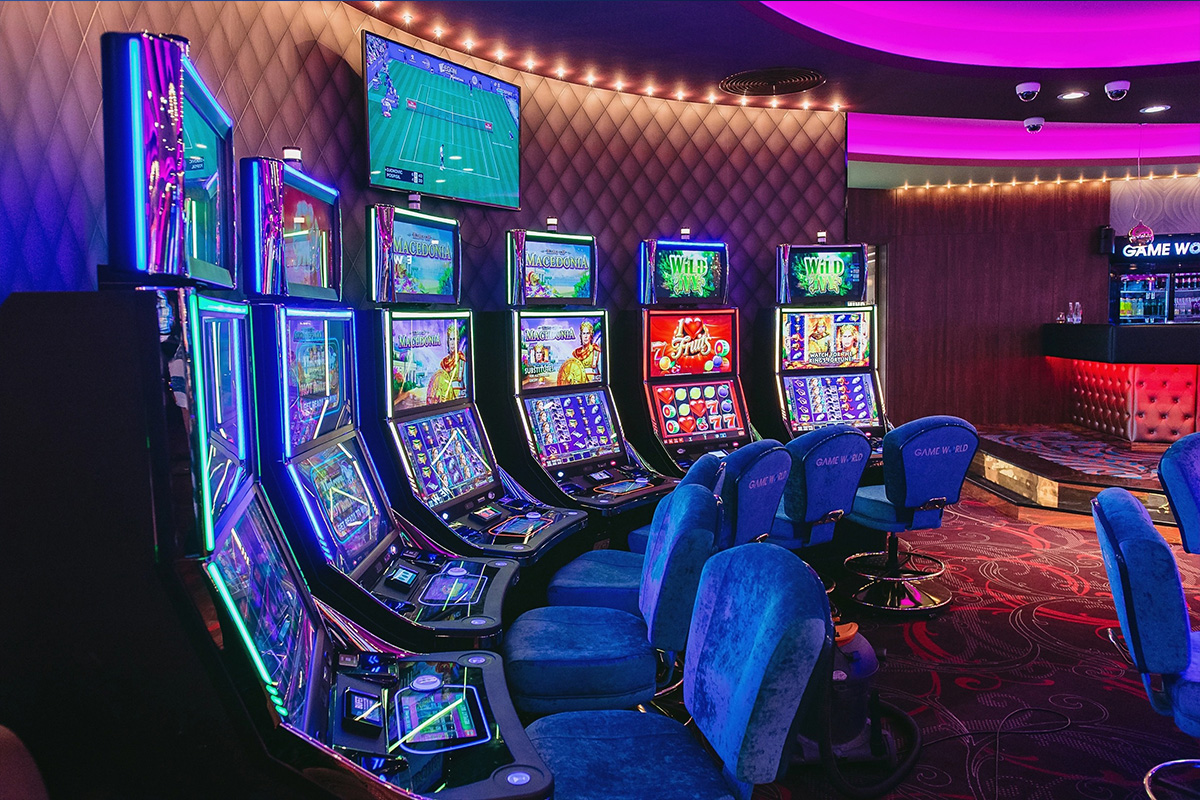
A wave of Romanian mayors has followed the example set by Slatina’s mayor, who recently announced plans to eliminate gambling halls from his city under newly amended legislation. While the political signal is growing louder, the decisive vote belongs to local councils – and gambling operators are unlikely to retreat without resistance.
On February 26, the mayor of Vaslui, Lucian Braniște (PSD), said he would submit a draft decision to the Local Council seeking a ban on gambling halls within the city. He argued that gambling has become a serious social issue across many Romanian communities.
“In recent years, gambling has become a real problem in many communities in Romania. Beyond advertisements and colorful lights, behind these halls, there are too often stories of affected families, debts, addiction, and suffering,” the mayor said.
In Ploiești, mayor Mihai Polițeanu also voiced support for eliminating gambling venues and announced that he would table a similar proposal before the City Council, Economedia.ro reported. He described parts of the city centre as having turned into a “strange, underworld-like” area, suggesting that the proliferation of betting shops has contributed to urban degradation.
The mayors of Brăila and Rădăuți have likewise declared their intention to pursue restrictions on gambling activities.
The initiatives follow a recent amendment to gambling legislation adopted by the government, which now requires operators to obtain not only a national licence but also a local authorisation from the mayor’s office in the municipality, town, or commune where they operate. The new provision also empowers local councils to decide whether such activities may take place within their administrative boundaries.
While the political momentum appears to be building, the outcome will ultimately depend on council votes in each locality. Given the economic stakes and the industry’s established presence, legal and political battles are expected before any city can formally declare itself gambling-free.
The post Romanian Mayors Push to Ban Gambling Halls appeared first on Eastern European Gaming | Global iGaming & Tech Intelligence Hub.
Compliance Updates
Crypto.com Receives Limited Financial Institutions Licence in Europe

Crypto.com has announced another regulatory milestone: its EU MiCA regulated entity has received a Limited Financial Institutions licence from the Malta Financial Services Authority (MFSA). The approval allows the company to continue delivering its full suite of stablecoin services – qualifying as payment services – across the European Union, without disruption.
This additional licence is for the provision of services exclusively in relation to electronic money tokens (EMTs). The licence was acquired to navigate a complex regulatory landscape resulting in overlapping crypto asset services (MiCA) and payment services (PSD2). By securing the Limited Financial Institution Licence, Crypto.com has addressed both regulatory regimes ensuring full compliance across every aspect of its stablecoin operations.
Crypto.com’s Malta entity received MiCA approval in January 2025, allowing the company to passport services across the European Economic Area (EEA). Notably, Crypto.com already holds a full Electronic Money Institution (EMI) licence in Europe, making it one of the most comprehensively authorised platforms operating in the region.
“We are one of the most regulated crypto platforms in the world and receiving this licence proves, yet again, that we are committed to working with authorities to ensure the strongest compliance standards. Our stablecoin business and services remain a pivotal part of our European product offering so it was vital we secured this limited licence to continue providing seamless access to our institutional and retail customers,” said Eric Anziani, President and Chief Operating Officer at Crypto.com.
The limited Financial Institutions licence adds to Crypto.com’s expanding list of licences and registrations globally including, but not limited to, a UK Electronic Money Institution licence (FCA), a Major Payment Institution licence in Singapore (MAS), a Virtual Assets Service Provider licence in Dubai (VARA), U.S. Money Transmitter Licences, U.S. Designated Contracts Market (DCM) & Derivatives Clearing Organization (DCO) licences and recently conditional approval from the U.S. OCC for a National Trust Bank Charter.
The post Crypto.com Receives Limited Financial Institutions Licence in Europe appeared first on Eastern European Gaming | Global iGaming & Tech Intelligence Hub.
CertiIQ
CertiIQ Launched by Deion Williams and Julian Borg-Barthet to Streamline iGaming Compliance

CertiIQ , a RegTech platform created to offer a unified source of truth for certification, audit, and regulatory compliance, has announced its entry into the iGaming sector today.
, a RegTech platform created to offer a unified source of truth for certification, audit, and regulatory compliance, has announced its entry into the iGaming sector today.
CertiIQ consolidates test reports, monitors certification and audit expiration dates, and facilitates secure collaboration among stakeholders. It also provides live RTP monitoring, asset integrity verification through API, workflows for change management, and comparative regulatory gap analysis for businesses entering new markets.
consolidates test reports, monitors certification and audit expiration dates, and facilitates secure collaboration among stakeholders. It also provides live RTP monitoring, asset integrity verification through API, workflows for change management, and comparative regulatory gap analysis for businesses entering new markets.
It has also been designed to guarantee that reports are automatically incorporated into client workspaces, eliminating manual transfers and minimizing operational friction, and has been created to facilitate workflows with prominent labs such as GLI, BMM, RiskCherry, Gaming Associates, and eCOGRA.
Leading this innovative platform are seasoned professionals Deion Williams and Julian Borg-Barthet, who collectively bring over 30 years of combined expertise from prominent testing laboratories, operators, and suppliers.
“Building something that we wish we had when we first got started, is a proud moment for us” said Julian Borg-Barthet, Co-Founder of CertiIQ . “The enthusiastic feedback we’ve received so far has been a testament that we’ve been on the right track.”
. “The enthusiastic feedback we’ve received so far has been a testament that we’ve been on the right track.”
Launching in early access this March, CertiIQ is welcoming its initial customers while progressing toward a live release and is eager to partner with early adopters as regulatory challenges increase across all regulated iGaming markets worldwide.
is welcoming its initial customers while progressing toward a live release and is eager to partner with early adopters as regulatory challenges increase across all regulated iGaming markets worldwide.
The post CertiIQ Launched by Deion Williams and Julian Borg-Barthet to Streamline iGaming Compliance appeared first on Eastern European Gaming | Global iGaming & Tech Intelligence Hub.
-

 Adjusted EBITDA7 days ago
Adjusted EBITDA7 days agoBragg Gaming Announces Select Preliminary Unaudited Fourth Quarter and Full Year 2025 Financial Results, and Issues Full Year 2026 Guidance
-

 Bagley-Keene Act7 days ago
Bagley-Keene Act7 days agoCalifornia Gambling Control Commission Issues Critical Guidance on Stakeholder Communications and Ex Parte Rules
-

 iGaming6 days ago
iGaming6 days agoPRAGMATIC PLAY UNEARTHS PROGRESSIVE MULTIPLIERS IN ROLLING IN TREASURES
-

 Comatel5 days ago
Comatel5 days agoCOMATEL CELEBRARÁ UNA FIESTA PARA CIENTOS DE OPERADORES TRAS FINALIZAR EL PRIMER DÍA DE LA FERIA ESPAÑOLA, INTERAZAR
-

 Betty Casino7 days ago
Betty Casino7 days agoBetty Casino Announces Partnerships with Toronto FC and Toronto Argonauts
-

 Africa7 days ago
Africa7 days agoGroove Targets Africa’s iGaming Boom at SiGMA Cape Town 2026
-

 Booming Games6 days ago
Booming Games6 days agoBooming Games Introduces Instastrike, the Latest Diamond Hits Trio
-

 Australia7 days ago
Australia7 days agoTabcorp Pays $158,400 Penalty for Taking Illegal In-Play Sports Bets













